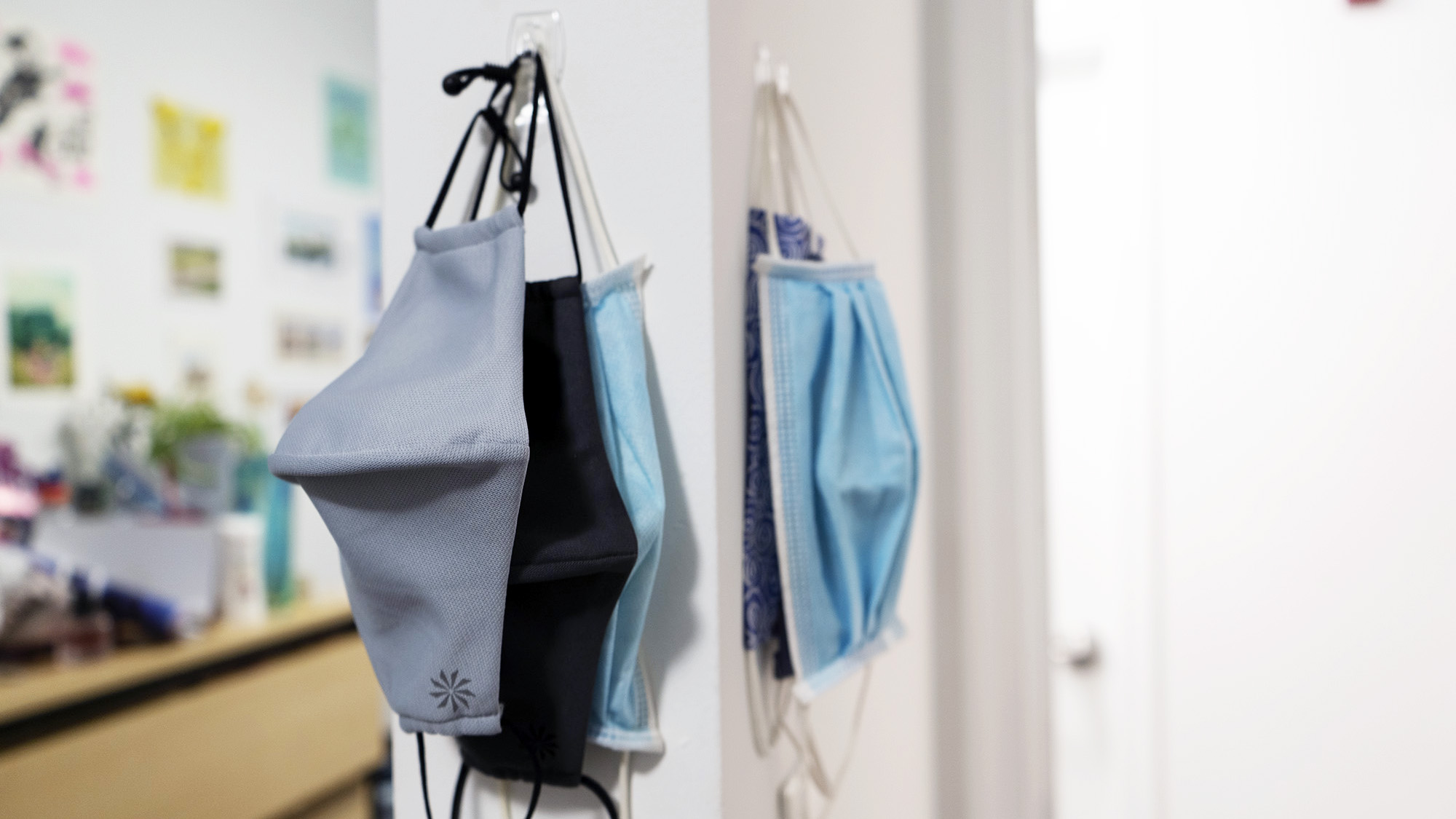Views expressed in opinion columns are the author’s own.
One aspect about in-person school that I did not miss was the annual cold and flu that rages in the fall and winter months. Despite it never being a serious threat to my health or well-being, getting sick in any capacity is always an annoyance, as it disrupts school, work and plans.
However, during the pandemic, I didn’t get sick like I normally do. It turns out that this wasn’t just an isolated occurrence for me, but a worldwide phenomenon. In 2020, there was a 98 percent reduction in influenza activity, much of which can be attributed to COVID-19 mitigation strategies.
Consistent with the U.S. mantra of individual responsibility, much of the focus in battling sickness is laid on the individual infected instead of their impact on the community. Sickness is seen as something the individual must address themselves. For instance, the question posed is often “can the sick person work through the symptoms?” rather than “what risk do they pose to others?” However, in response to the COVID-19 pandemic, this individual-focused mindset to battling sickness is quickly being challenged. Instead of only being concerned about protecting themselves against the virus, people had to think in terms of protecting others and avoiding community spread. Wearing masks, monitoring symptoms, physically distancing and being cognizant of others’ boundaries has now become more or less commonplace. It’s strange now to look back several years ago at how cavalierly we treated the spread of sickness.
Although it is unreasonable to expect the same vigilance in fighting common colds and flu strains in comparison to a deadlier virus like COVID-19, we should permanently maintain the effective mindset and strategies used in this pandemic going forward.
Throughout the pandemic, distancing and masks have been shown to be effective in stopping the spread of COVID-19 and other common cold and flu virus particles. Although sick people should ideally stay home and monitor their symptoms, some circumstances require in-person interactions. In situations where a sick person must go out in public, it’s reasonable to expect them to avoid close contact with others or, in crowded spaces, to don a mask. There are few cost barriers to these strategies — distancing and wearing masks take little effort or time — and they demonstrate an overall respect for others’ health and well-being.
The ability to quarantine has been another effective strategy, yet one that is antithetical to the American concepts of “hard work” and “powering through” sickness. However, the pandemic has proven that people should be able to stay home from work or school when sick. At the moment, the U.S. is the only OECD country with no federally mandated paid sick leave and one of two OECD countries without paid family leave. Although there was some effort to remedy this issue in the stimulus packages, the benefits remain temporary and voluntary by employers. More permanent and expansive action is needed to protect communities and provide equity to low-income workers, who tend to have the most exposure to people and illness yet the least amount of leave and job protection.
At the University of Maryland, in contrast, staying home when sick has become easier due to the adaptations made during the pandemic. A lot of work is on Canvas to begin with, and many teachers post their recorded lectures from the year before. Professors have tended to be more lenient with missing classes, and some have been experimenting with hybrid Zoom classes to allow those who are unable to attend in-person to participate virtually. In the context of the recent wave of sickness that is sweeping across the campus, it is not only imperative that students take advantage of these promising changes and stay vigilant with protocols, but also that the university extend and expand these virtual options after the pandemic to avoid spreading the misery of taking a full course load while sick.
These efforts won’t stop the common cold or flu of course, but, at the same time, we don’t need it to. Simply minimizing the spread would reduce hospitalizations and deaths, decrease the burden on local health systems and make people’s lives easier.
The pandemic has taught us many lessons, and adopting community-based mindsets on handling communicable illnesses should be one that stays with us. These changes cannot only happen on an individual level with masks, distancing and staying home when sick, but also at the structural level with paid leave at work and flexibility at school. The pandemic will eventually end. Respect for others and a proactive, community-oriented approach to stopping illnesses shouldn’t.
Zach Wandalowski is a sophomore government and politics and economics major. He can be reached at zachwand@gmail.com.



